Chemical And Biomolecular Engineering
-
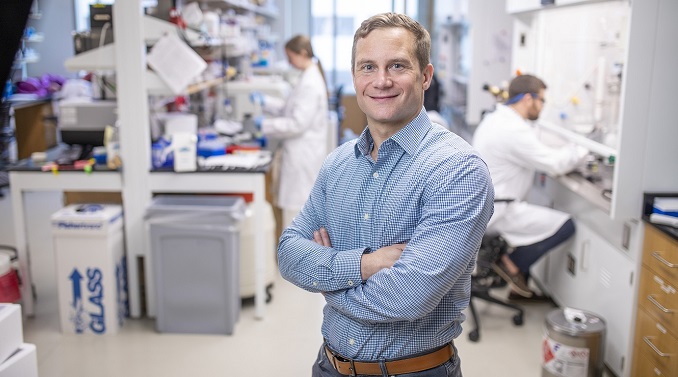
New nanoparticles boost immune system in mice to fight skin, breast cancer
Vanderbilt researchers have developed a set of nanoparticles that stimulate the immune system in mice to fight cancer and may eventually do the same in humans. Read MoreJul 25, 2024
-

Vanderbilt scientists develop an algae time machine, advancing biomedicine
A Vanderbilt scientific team has succeeded in adjusting the daily biological clock of cyanobacteria, making the blue-green algae a more prolific producer of renewable fuels, chemicals, and pharmaceuticals, like insulin. Read MoreMay 14, 2024
-
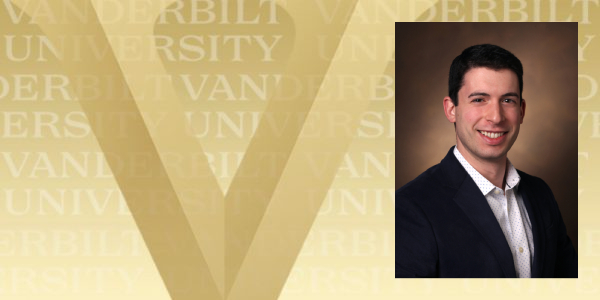
Lippmann wins prestigious Chan Zuckerberg Initiative award to back research in the fight against Alzheimer’s
Ethan Lippmann, associate professor of chemical and biomolecular engineering and biomedical engineering, has won a Collaborative Pairs Pilot Project Award from the Chan Zuckerberg Initiative (CZI) to create a more effective way for the immune system to fight against neurodegenerative diseases like Alzheimer’s. Read MoreFeb 28, 2024
-

Lippmann wins prestigious Chan Zuckerberg Initiative award to back research in the fight against Alzheimer’s
Ethan Lippmann, associate professor of chemical and biomolecular engineering and biomedical engineering, has won a Collaborative Pairs Pilot Project Award from the Chan Zuckerberg Initiative (CZI) to create a more effective way for the immune system to fight against neurodegenerative diseases like Alzheimer’s. The pilot project seeks to generate an immune response – or defense […] Read MoreFeb 27, 2024
-

Researchers develop new nanoparticle to boost immune system
Vanderbilt researchers have developed a new nanoparticle that can more effectively get drugs inside of cells to boost the immune system and fight diseases like cancer. The research is led by John Wilson, associate professor of chemical and biomolecular engineering and biomedical engineering, as well as a corresponding author on the paper about the research […] Read MoreFeb 23, 2024
-

Waddell Walker Hancock Cancer Discovery Fund names Wilson and Rathmell as first scholars
A research endeavor that seeks to develop a new cancer immunotherapy utilizing nanobody delivery and targeted heating of tumors has received funding from the Waddell Walker Hancock Cancer Discovery Fund. The project to create an immunotherapy that will benefit more patients is led by John Tanner Wilson, left, and Jeffrey Rathmell. (photo by Donn Jones) […] Read MoreFeb 22, 2024
-

A $3M NSF grant to advance biomanufacturing could help establish an innovative method to deliver medicines to cells
“Biomanufacturing is a growing but critical field that is reshaping how we diagnose and treat some of the most devastating diseases known to humanity,” said Jamey Young, Cornelius Vanderbilt Professor of Chemical and Biomolecular Engineering and principal investigator on the four-year grant. “Vanderbilt is uniquely well-suited to help advance the future of biomanufacturing, given our... Read MoreSep 29, 2023
-
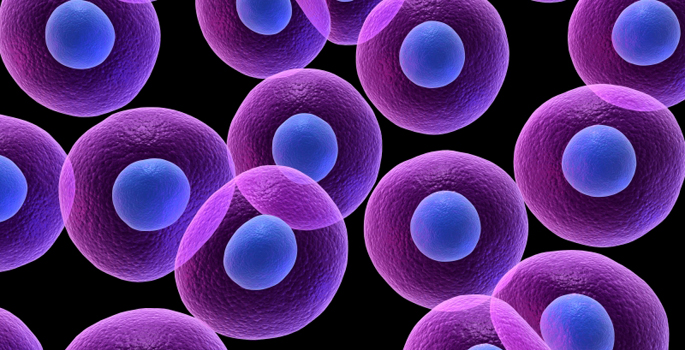
A $3M NSF grant to advance biomanufacturing could help establish an innovative method to deliver medicines to cells
Trans-institutional project connects Vanderbilt experts in drug delivery, stem cell engineering, biomanufacturing and cell biology to advance biomanufacturing of nanoparticles that can deliver precisely targeted drugs to the site of a disease. Read MoreSep 28, 2023
-

Vanderbilt team reimagines kidney dialysis by creating new paradigm for dialysis membranes
A collaborative team led by Piran Kidambi, assistant professor of chemical and biomolecular engineering, William Fissell, associate professor of nephrology and hypertension at Vanderbilt University Medical Center, Shuvo Roy, professor of bioengineering at University of California, San Francisco, and Francesco Fornasiero, biosciences and biotechnology staff scientist at Lawrence Livermore National Lab, has developed a new... Read MoreSep 22, 2023
-

Engineering doctoral students, postdoctoral researchers awarded prestigious NIH fellowships
Biomedical engineering graduate students and postdoctoral researchers are recipients of highly competitive Ruth L. Kirschstein Predoctoral Individual National Research Service Awards from the National Institutes of Health and NIH Individual Predoctoral to Postdoctoral Fellow Transition Awards. A majority of the students are in the Vanderbilt Medical Scientist Training Program (MSTP) and are researchers in labs... Read MoreAug 24, 2023
-

Four Vanderbilt School of Engineering faculty receive prestigious NSF CAREER Awards
Four faculty members from Vanderbilt University School of Engineering received prestigious CAREER Awards from the National Science Foundation during the 2022-2023 academic year. The competitive NSF grant program is designed to support the early career development and new lines of academic research for the nation’s most promising up-and-coming scholars. “This is a remarkable achievement and... Read MoreJun 27, 2023
-

Engineering student awarded extended DOE residency at Savannah River National Laboratory to continue doctoral research
Nicole Moehring, a fifth-year graduate student in interdisciplinary materials science, has been selected for an extended residency to continue her doctoral research at the Savannah River National Laboratory. She is one of just 87 awardees selected by the Department of Energy Office of Science Graduate Student Research program this year. Nicole Moehring (Anne Rayner) At... Read MoreMay 1, 2023
-
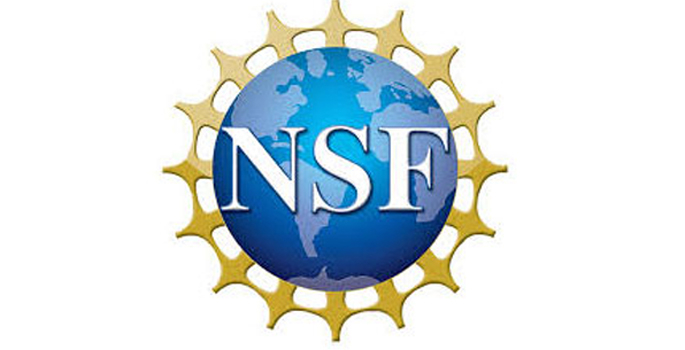
Vanderbilt chemical engineering professor wins NSF CAREER Award to explore new direction in colloidal science
Vanderbilt engineering professor Carlos Silvera Batista has won a National Science Foundation CAREER Award to understand the behavior of charged particles in the presence of simultaneous electric fields. That knowledge will be used to direct the assembly of particles into advanced reconfigurable materials. Read MoreFeb 15, 2023
-

Peter Cummings named as a member of the National Academy of Engineering
Vanderbilt scholar Peter T. Cummings, the John R. Hall Professor of Chemical Engineering, emeritus, has been elected to the National Academy of Engineering. In an announcement released February 7, 2023, the Academy cited Cummings for his “simulation-based solutions to chemical engineering problems, and for innovations and leadership in modeling and computational nanoscience.” Cummings spent 20... Read MoreFeb 9, 2023
-

Piran Kidambi receives Chan Zuckerberg Initiative grant to further quest for first-ever high-res imaging of live viruses
Piran Kidambi, assistant professor of chemical and biomolecular engineering, has been awarded a grant to further his research into capturing high-resolution images of live viruses in tissues. The three-year grant from Chan Zuckerberg Initiative’s Frontiers of Imaging is one of 20 awarded worldwide with the aim of revolutionizing the study of viruses, human health and... Read MoreFeb 8, 2023
-

Summer research opportunities available for undergraduates
Vanderbilt University and the School of Engineering offer undergraduates numerous summer research opportunities to expand their classroom knowledge and gain valuable practical experience. The Institute for Software Integrated Systems is hosting a virtual open house for interested students on Feb. 22 from 3 to 6 p.m. The registration deadline is Feb. 21. The School of... Read MoreJan 17, 2023
-
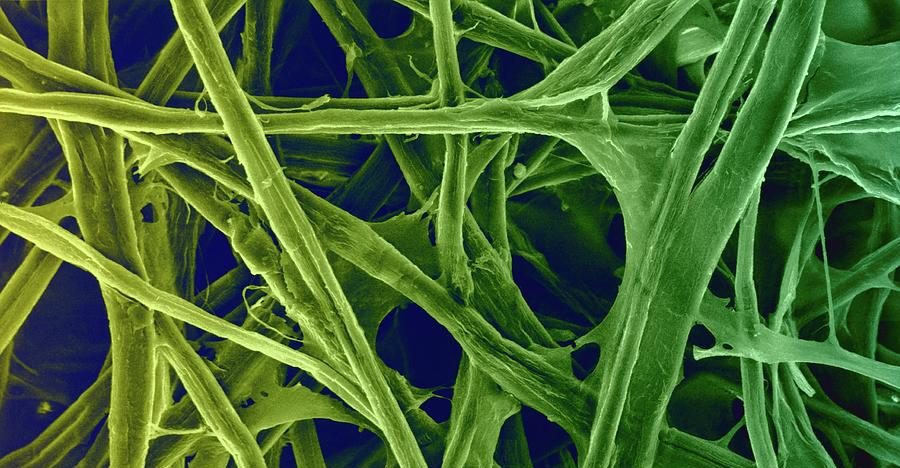
Vanderbilt engineers’ innovative research directly monitors cellulose production from individual synthase enzymes
Vanderbilt researchers have uncovered conditions needed to produce cellulose at the single molecule level that could one day aid in the dismantling of bacterial defenses as well as potentially lead to the engineering of more efficient and cost-effective biofuel feedstock sources. Read MoreDec 14, 2022
-

Vanderbilt engineers’ innovative research directly monitors cellulose production from individual synthase enzymes
Vanderbilt researchers have uncovered conditions needed to produce cellulose at the single molecule level that could one day aid in the dismantling of bacterial defenses as well as potentially lead to the engineering of more efficient and cost-effective biofuel feedstock sources. The findings were published in the scientific journal PNAS. The researchers used optical tweezers... Read MoreDec 14, 2022
-
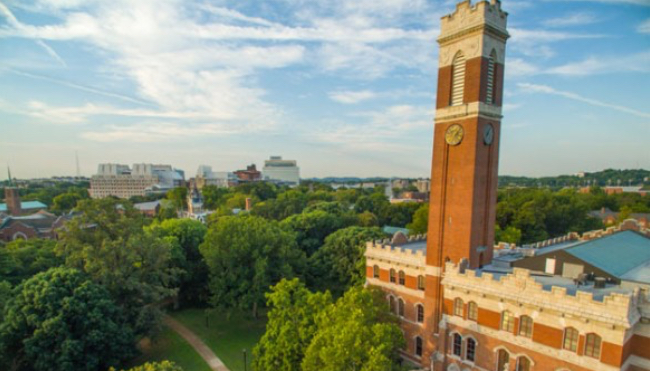
Vanderbilt University, VUMC faculty named Highly Cited Researchers, rank in top 1 percent by citations
Experts from the Institute for Scientific Information identified 13 faculty at Vanderbilt University and Vanderbilt University Medical Center as among the top one percent of cited researchers worldwide. Read MoreDec 6, 2022
-

Vanderbilt engineers’ paper on differences in water and water vapor transport selected as ‘Editors’ Highlight’ in Nature Communications
The transport of water molecules through nanoscale pores is central to a number of processes like water treatment, biological membranes, ionic/molecular separations, water treatment and protective applications, but the mechanisms of transport are not fully understood. Piran Kidambi, assistant professor of chemical and biomolecular engineering at Vanderbilt, and a team of researchers recently had a... Read MoreDec 1, 2022